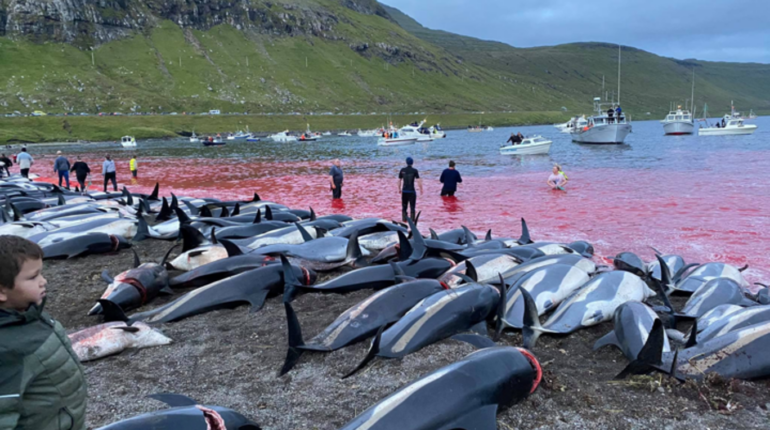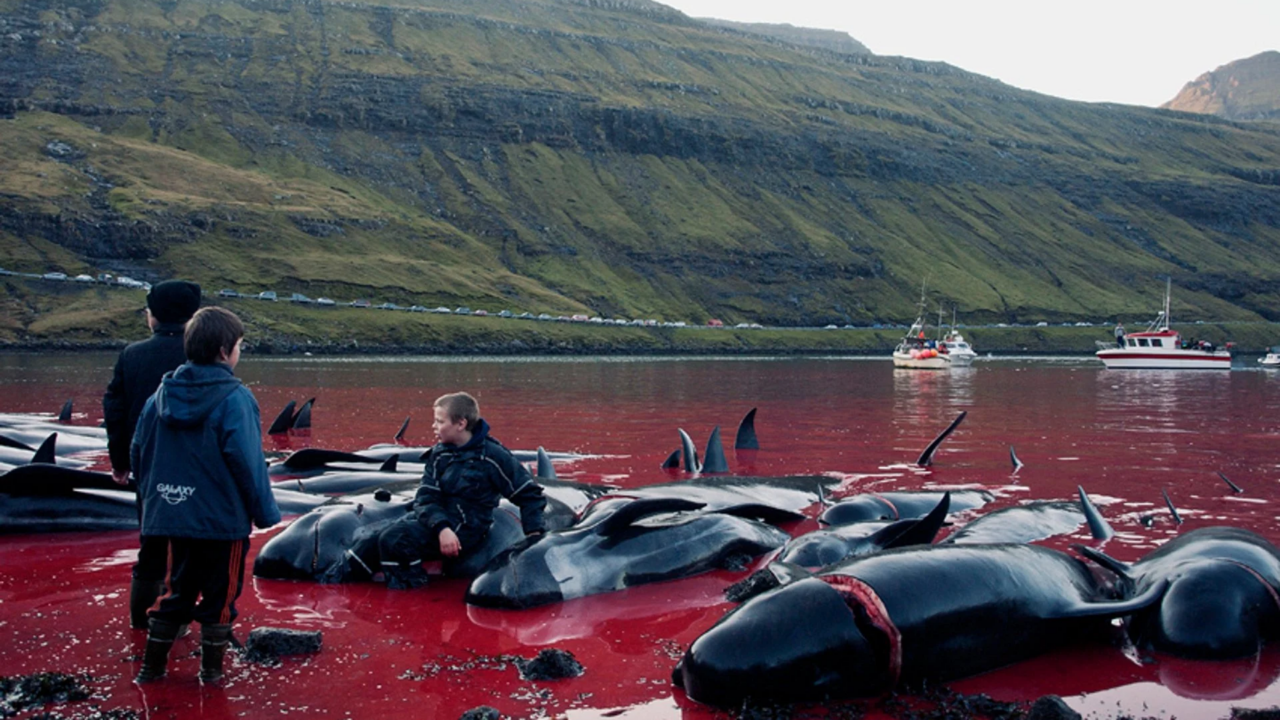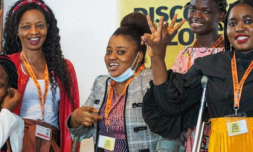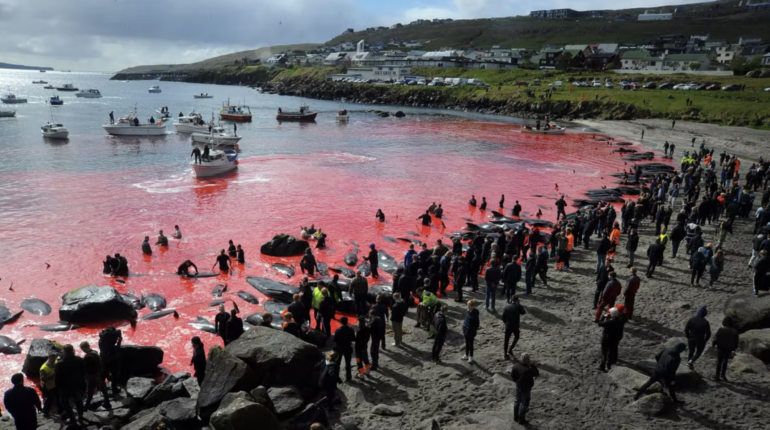Campaigners believe government-initiated caps on the number of white-sided dolphins allowed to be slaughtered at Grindadráp will not be sufficient for safeguarding local pods.
Global attitudes towards whaling have shifted massively over the last few decades, with a majority of political leaders and citizens believing that cetaceans should be protected under international conservation laws.
Despite this, the World Population Review reports that three countries continue to hunt whales for profit – Japan, Norway, and Iceland. These countries are regularly scrutinised for their practices, but convincing them to stop has proven difficult.
The most notorious non-commercial whaling event occurs in the Faroe Islands, an independent Danish territory. The annual tradition named Grindadráp or ‘grind’ in English, is around 400 years old and involves herding dolphins and whales to shallow bays where they are met by knife-equipped hunters on shore.
The meat is then distributed amongst the community for consumption during the harsh winter ahead. This was deemed as crucial preparation in times when international trade wasn’t yet booming and food was hard to come by.
But times have changed. Last year a record breaking number of dolphins – over 1,4000 – were slaughtered at Grindadráp, leading to global outcry from activists and citizens alike.
Now, the Faroe Islands government has announced that the kill number must be capped at just 500 white-sided dolphins a year.






















